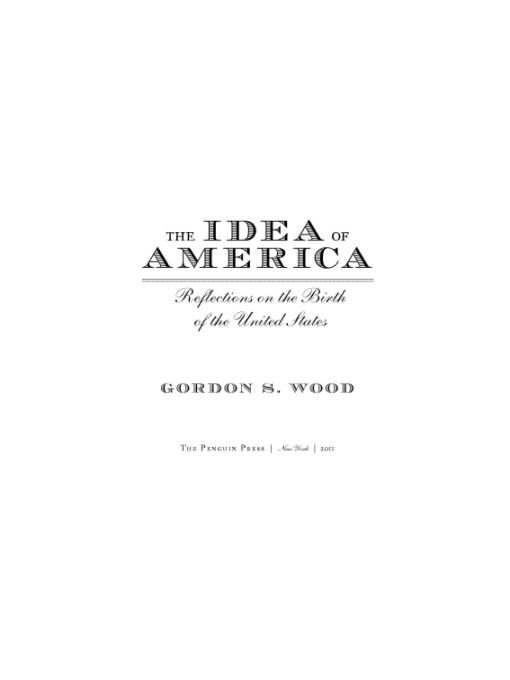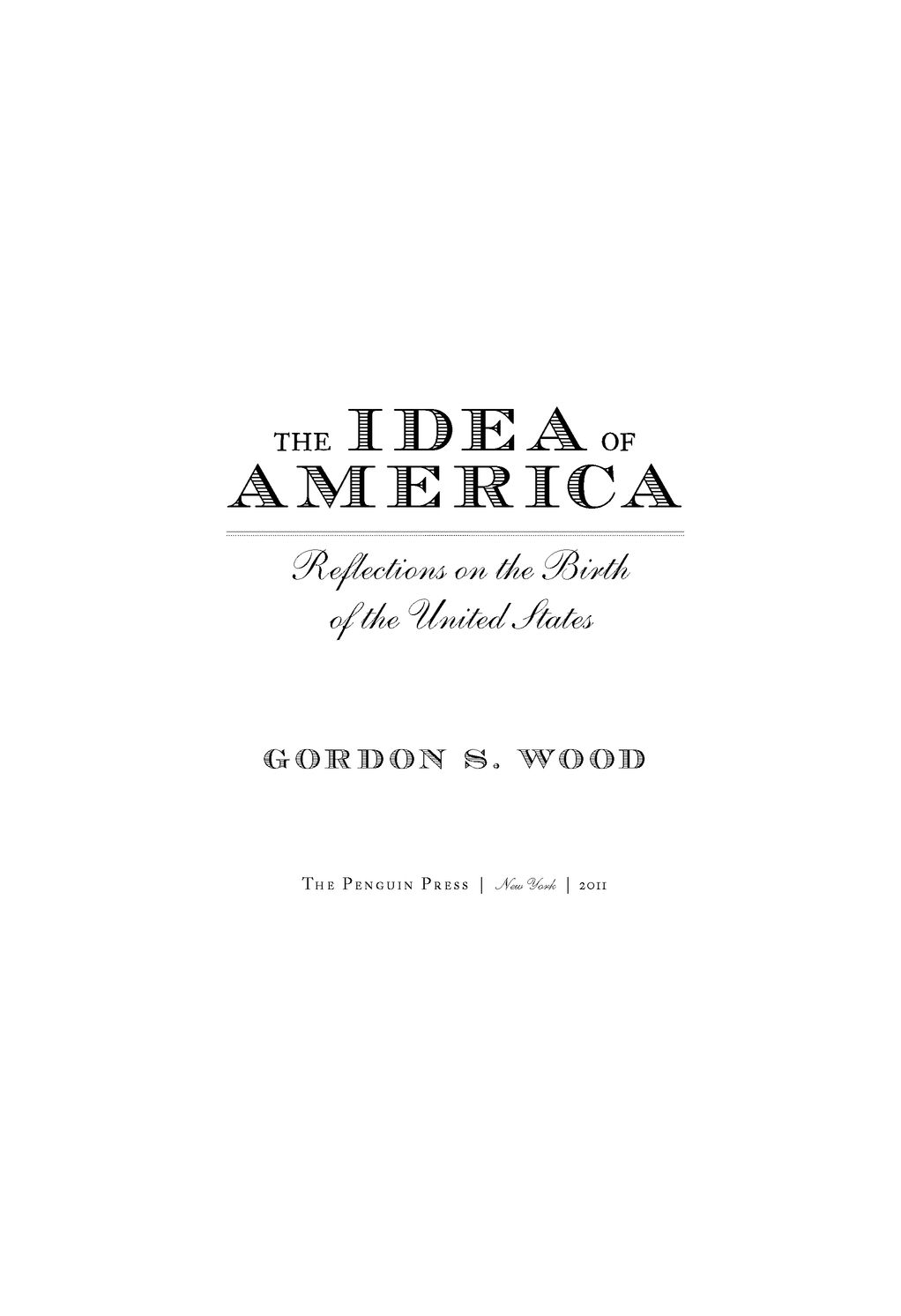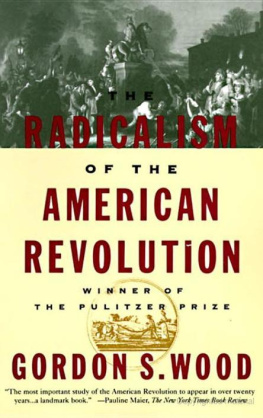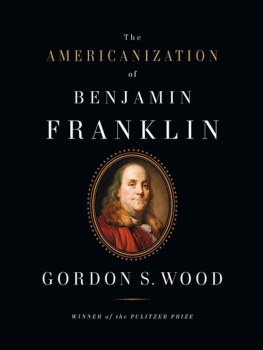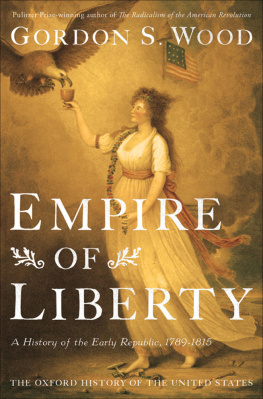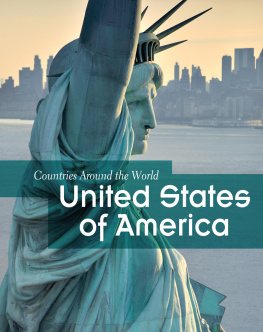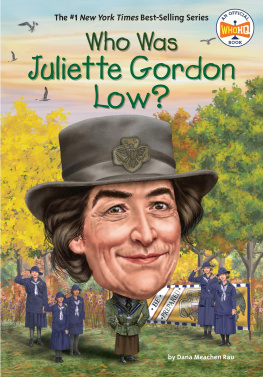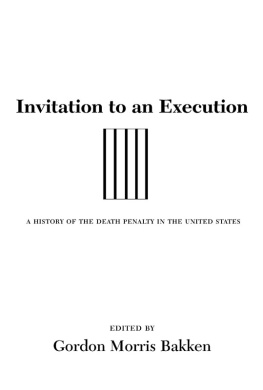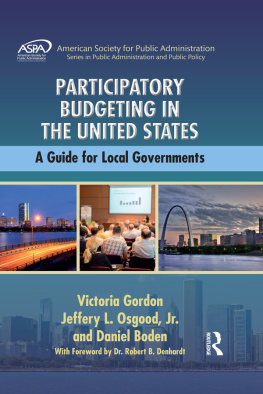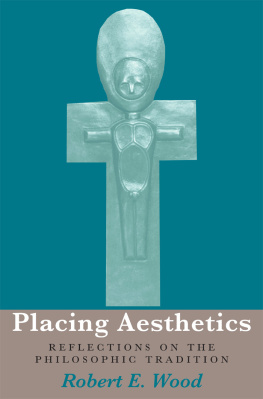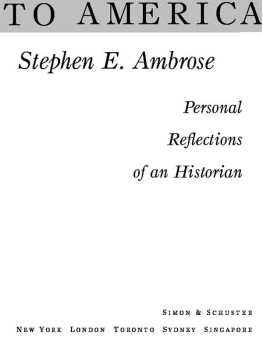Table of Contents
ALSO BY GORDON S. WOOD
The Creation of the American Republic, 17761787
(winner of the Bancroft Prize)
The Radicalism of the American Revolution
(winner of the Pulitzer Prize)
The American Revolution: A History
The Americanization of Benjamin Franklin
(winner of the Julia Ward Howe Prize)
Revolutionary Characters
The Purpose of the Past
Empire of Liberty
(winner of the American History Prize of the
New-York Historical Society)
To my friends and colleagues
at Brown University
INTRODUCTION
WELL OVER A HALF CENTURY ago Isaiah Berlin published a little book entitled The Hedgehog and the Fox:An Essay on Tolstoys View of History. He borrowed his title from a line among the fragments of the Greek poet Archilochus which says, The fox knows many things, but the hedgehog knows one big thing. Berlin interpreted the words broadly and found in them one of the deepest differences that divide writers and thinkers and perhaps even human beings in general. On one side of this chasm, wrote Berlin, were the foxes, who pursue many ends, often unrelated and even contradictory, connected, if at all, only in some de facto way, for psychological or physiological cause, related by no moral or aesthetic principle. On the other side were the hedgehogs, who relate everything to a single central vision, one system less or more coherent or articulate, in terms of which they understand, think and feela single, universal, organizing principle in terms of which alone all that they are and say has significance.
So in this scheme of things Berlin labels Dante as a hedgehog and Shakespeare as a fox. Plato, Lucretius, Pascal, Hegel, Dostoevsky, Nietzsche, Ibsen, Proust are, in varying degrees, hedgehogs; Herodotus, Aristotle, Montaigne, Erasmus, Molire, Goethe, Pushkin, Balzac, Joyce are foxes.
Although Berlin was interested mainly in placing great writers into one or another of these two categories, one might do the same with more mundane historians. There are historians who work on many different subjects, jumping from topic to topic as their various interests lead them. I have a remarkable colleague who began with a study of Congress in the 1930s, and followed that by an analysis of the impact of the New Deal on the states. Then, after he had written an impressive biography of an important politician of the 1940s and early 1950s, he wrote an extraordinary book on Americas struggle with poverty in the twentieth century. This work was followed by a fascinating history of cancer in modern American culture, which in turn was succeeded by an examination of an important Supreme Court decision of the 1950s. At the same time, this colleague was writing a huge narrative account of twentieth-century America and a prize-winning book on the decades in America following World War II. Even now he is on to brand-new subjects in modern America.
This colleague of mine is a fox and a superb one. He knows many things and is interested in many things. He even once said to me as he was casting about for a new subject to write about that if I had any ideas for him to please let him know.
By contrast, as a historian I fear I am a simple hedgehog. Throughout my career I have been most interested in the American Revolution and the political, social, and cultural changes that it engendered. Of course, I have taught university lecture courses that ranged from Columbus to the Jacksonian era and have led seminars on various topics. But nearly all of my publications have dealt with the American Revolution and its consequences. In addition to several books on the Revolution and its leaders, I have published a number of articles on the Revolutionary era, some of which are collected in this book.
My preoccupation with the Revolution comes from my belief that it is the most important event in American history, bar none. Not only did the Revolution legally create the United States, but it infused into our culture all of our highest aspirations and noblest values. Our beliefs in liberty, equality, constitutionalism, and the well-being of ordinary people came out of the Revolutionary era. So too did our idea that we Americans are a special people with a special destiny to lead the world toward liberty and democracy. The Revolution, in short, gave birth to whatever sense of nationhood and national purpose we Americans have had.
Establishing their nationhood was not easy for the Revolutionaries, as my essay on The American Enlightenment in this volume attempts to show. Americans knew that they were not yet a nation, at least not a nation in the European sense of the term. Since the identity of the United States as a nation remains unusually fluid and elusive, we Americans have had to look back repeatedly to the Revolution and the Founding (as we call it) in order to know who we are. We go back to the Revolution and the values and institutions that came out of it in order to refresh and reaffirm our nationhood. That for me is why the Revolutionary era remains so significant.
ALTHOUGH I HAVE BEEN WORKING on the Revolutionary era for my entire career, I dont now conceive of it in the same way as I did a half century ago. Like most other graduate students in the country in the early 1960s, I was trained to think of early American history as the period from the initial settlements in the seventeenth century to the establishment of the Constitution in 17871788. Specializing in the several decades following 1789 meant that one was not a colonial-Revolutionary historian but an early national historian. One specialized either in the colonial-Revolutionary period or in the early decades of the national period, but not in both. If colonial-Revolutionary historians did happen to spill over into the 1790s, they tended to see those years as the culmination of what had gone on beforethe eighteenth century and the Revolution.
Early national historians who began their teaching and research on the 1790s not only rarely looked back to the colonial or Revolutionary periods but generally tended to look ahead to the Civil War or to the urbanization and industrialization that essentially occurred after the 1820s. So they often treated the period between 1789 and the 1820s as a prelude to what was really important to them in the nineteenth century. Consequently, graduate students in the 1960s who wished to study the early decades of the nations history were apt to fall between two specializations of the historical profession. Colonial-Revolutionary historians knew the period only as an epilogue; early national historians knew it only as a prologue. Neither group saw it in its own right.
Thus I began my teaching in the 1960s thinking of myself as exclusively a colonial-Revolutionary historian. I taught a two-semester course, with one semester dealing with the colonial period up to 1760 and a second dealing with the Revolutionary period from 1760 to 1788. But since my university had no history course covering the period from 1789 to the age of Jackson, I began to feel obliged to offer such a course. The experience in the 1970s of organizing a course on this period was eye-opening and ultimately very rewarding.
When I first began exploring the period, I was surprised by the nature of the historical scholarship on these decades following the creation of the Constitution. It didnt seem to treat the period as seriously as I had expected; indeed, as historian James H. Broussard, who founded the Society for the History of the Early American Republic (SHEAR) in the late 1970s and almost single-handedly revived interest in the period, once pointed out, it was often treated almost as a backwater of historical scholarship.

